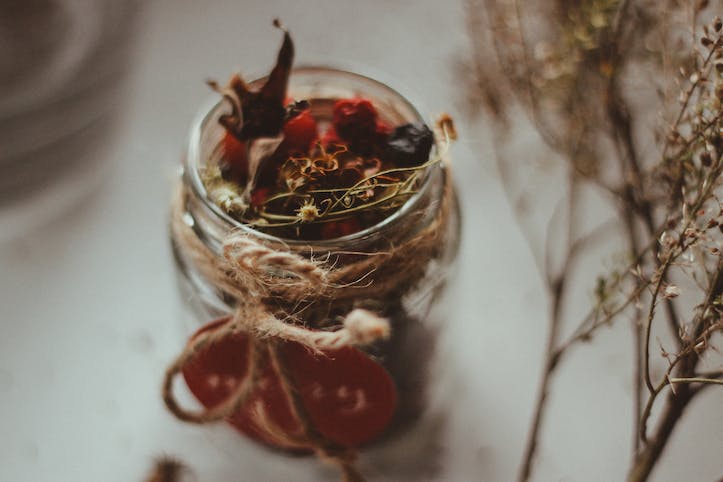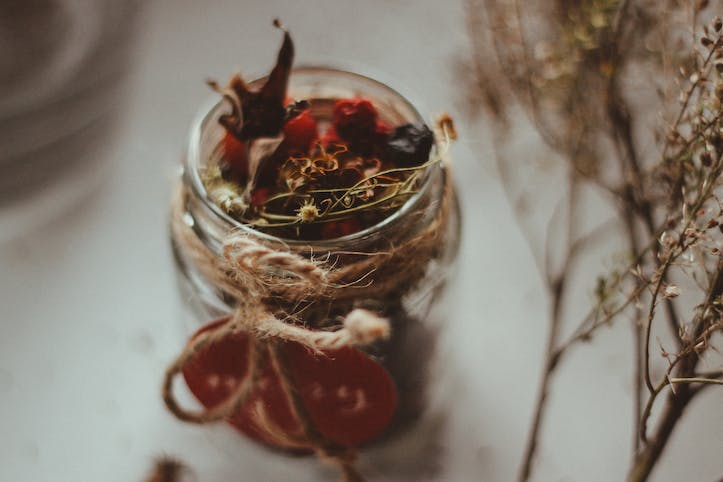Unlocking the Benefits of Herbal Tea During Fasting

Fasting has become a popular health strategy, and many wonder, “Can I have herbal tea when fasting?” This question is particularly important for those looking to maximize the benefits of their fasting regimen without breaking their fast. Herbal teas offer a way to enhance the fasting experience, providing both hydration and a variety of potential health benefits.
The Role of Herbal Tea in Fasting
When undertaking a fast, the goal is often to minimize caloric intake to trigger certain physiological responses. Herbal tea, which typically contains negligible calories, can be consumed without disrupting the fasting state. It’s important, however, to choose teas that are free of added sugars or artificial flavors.
Types of Herbal Tea Suitable for Fasting
There are numerous herbal teas that are appropriate for fasting. Some popular options include:
- Peppermint Tea: Known for its digestive benefits and soothing properties.
- Chamomile Tea: Often used for relaxation and to promote better sleep.
- Ginger Tea: Aids in digestion and can help alleviate nausea.
- Hibiscus Tea: High in antioxidants and may help lower blood pressure.
It’s essential to ensure that these teas are pure and do not contain additional ingredients that could break a fast.
Hydration and Appetite Control
Herbal tea can serve as a tool for maintaining hydration during fasting periods. Additionally, certain teas may help control appetite, making fasting periods more manageable. For example, green tea contains catechins and caffeine, which have been shown to assist in weight management.
Enhancing Detoxification
Some proponents of fasting suggest that herbal teas can support detoxification processes. Teas like milk thistle or dandelion root are often recommended for their liver-supporting properties.
Considerations for Herbal Tea Intake While Fasting
While herbal teas can be beneficial during a fast, it’s important to consider the following:
- Quality of the Tea: Opt for high-quality, organic teas to avoid ingesting pesticides and other contaminants.
- Frequency and Quantity: Moderation is key. Consuming large amounts of herbal tea may have a diuretic effect, leading to electrolyte imbalances.
- Individual Responses: Listen to your body. If a particular tea causes discomfort or seems to break your fast, it’s best to avoid it.
Preparing Your Herbal Tea for Fasting
To prepare your herbal tea during a fasting period, simply steep the tea leaves or bags in hot water for the recommended duration. Avoid adding sweeteners or milk, which could add calories and disrupt the fasting state.
Conclusion: Fasting with Herbal Tea
In conclusion, drinking herbal tea can be a great addition to your fasting routine, offering benefits like hydration, appetite control, and potential detoxification support. By choosing the right teas and preparing them properly, you can enjoy these benefits without compromising your fasting goals.
Exploring whether you can enjoy herbal tea when fasting, including types of teas suitable for fasting and their benefits.
Recent Posts
- Fasting Tea Benefits: A Look at Alternatives to White Yogi Healthy Tea
- Fasting Tea Benefits After White Yogi Discontinuation
- Fasting Tea Benefits: What Happened to White Yogi Healthy Fasting Tea?
- Fasting Tea Benefits – What Happens When Discontinued?
- Unlocking Alternatives to White Yogi Healthy Fasting Tea
- Fasting Tea Benefits and Alternatives When White Yogi Healthy Brand Discontinued
- Fasting Tea Trends: The Discontinuation of White Yogi Healthy Tea
- Fasting Tea Discontinued: What’s Next for White Yogi?
- Fasting Tea Benefits and Alternatives to White Yogi Healthy Fasting Tea
- Fasting Tea Benefits: The White Yogi Healthy Brand Discontinuation
